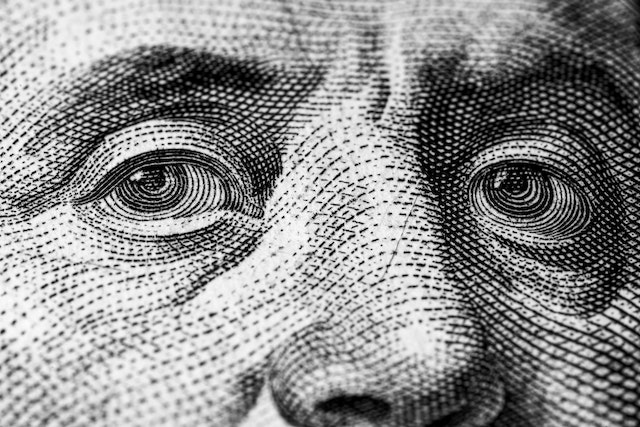Singapore Green Jet Fuel Levy on Travellers Ignites Funding Debate
Dollar Holds Steady, Euro Rises on ECB Hike Speculations

The US dollar remained firm, hovering near a two-week high on Wednesday as investors braced themselves for an anticipated interest rate hike by the US Federal Reserve later in the day. Market participants were also eagerly awaiting policy decisions from the European Central Bank (ECB) and the Bank of Japan (BoJ) later in the week. While the US dollar index edged slightly lower by 0.17% to 101.14, it remained close to the two-week peak reached on Tuesday.
Money market traders were highly confident in a quarter-point hike from the Federal Reserve during Wednesday’s meeting, but opinions were more divided on the likelihood of another increase later in the year. The US economy’s resilience, evident in the face of multiple interest rate hikes by the Federal Open Market Committee (FOMC), had significantly boosted the dollar index from its 15-month low of 99.549, which was recorded just a week ago. With consumer confidence reaching a two-year high in July amid tight labor market conditions and receding inflation, analysts noted that Fed Chair Jerome Powell’s stance on future hikes might heavily impact the dollar’s performance.
Attention also turned towards the ECB, which is scheduled to announce its policy decisions on Thursday. Though a quarter-point rate hike is widely expected, concerns over an economic slowdown have raised questions about the likelihood of another hike by the year-end. The euro slightly rose by 0.1% to $1.1070, recovering from a two-week low it experienced on Tuesday. Analysts speculated that if the ECB maintains its hawkish stance, the euro could see further gains in the coming days. Meanwhile, the Bank of Japan’s policy announcement on Friday has been subject to hawkish speculations, but such expectations have diminished in recent days.
Additionally, the Australian dollar depreciated by 0.4% to $0.6766 after inflation data fell short of expectations, indicating that the Reserve Bank of Australia (RBA) might refrain from a rate hike on August 1. This decrease erased a significant portion of the previous day’s gain prompted by Beijing’s stimulus announcement, which positively impacted Australia’s economic outlook. Market experts are now skeptical about the extent of further RBA tightening, predicting that the Australian currency could decline further in the short term. The US dollar also strengthened against the Chinese yuan, retracing part of the previous day’s decline in offshore trading. Sterling held steady at $1.2908, with markets divided between a 25 basis point or a 50 basis point rate hike by the Bank of England on August 3.

